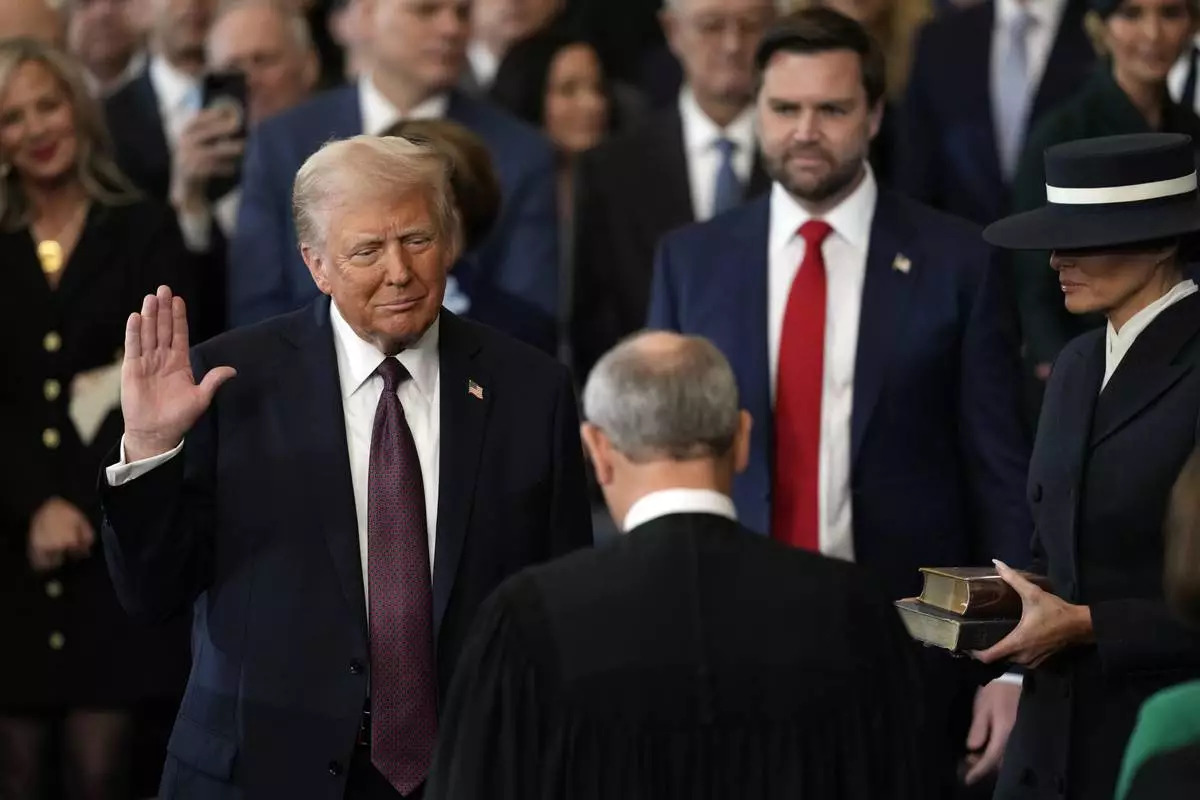
Ghulam Ali, Deputy Director, Hong Kong Research Center for Asian Studies
Jan 27, 2025
The country is far more resilient today than it was four years ago and in a good position to counter Donald Trump’s promised tariffs — or unexpected moves yet to come. It has diversified markets for Chinese goods, reduced the chances that countries in the region will form anti-China alliances and is welcoming foreign investment.
Xiao Bin, Deputy Secretary-general, Center for Shanghai Cooperation Organization Studies, Chinese Association of Social Sciences
Jan 27, 2025
The war is unlikely to end according to the timeline of the incoming U.S. president. Imposing his Ukraine plan on Ukrainian President Volodymyr Zelenskyy could give Russia an opportunity to rearm, thereby raising hurdles for the United States and its NATO allies.
Richard Javad Heydarian, Professorial Chairholder in Geopolitics, Polytechnic University of the Philippines
Jan 27, 2025
A second Trump presidency could disrupt Asia with aggressive tariffs, stricter immigration policies, and heightened geopolitical tensions. While some leaders express cautious optimism, the region faces mounting pressure to align with U.S. interests amid fears of economic fallout, strained alliances, and potential conflicts in key areas like the South China Sea and Taiwan Strait.

An Gang, Adjunct Fellow, Center for International Security and Strategy, Tsinghua University
Jan 17, 2025
For Trump and his supporters, the time has come for a domestic conservative revolution to merge with a global movement, with the ultimate goal of totally transforming the political landscape of the West. But while the crises Trump sparks may be unpredictable, they are not necessarily uncontrollable.
Debasish Roy Chowdhury, Author
Jan 15, 2025
Weeks before his return to the White House, US President-elect Donald Trump issued a pointed warning to the BRICS countries. “Go find another sucker,&rdqu
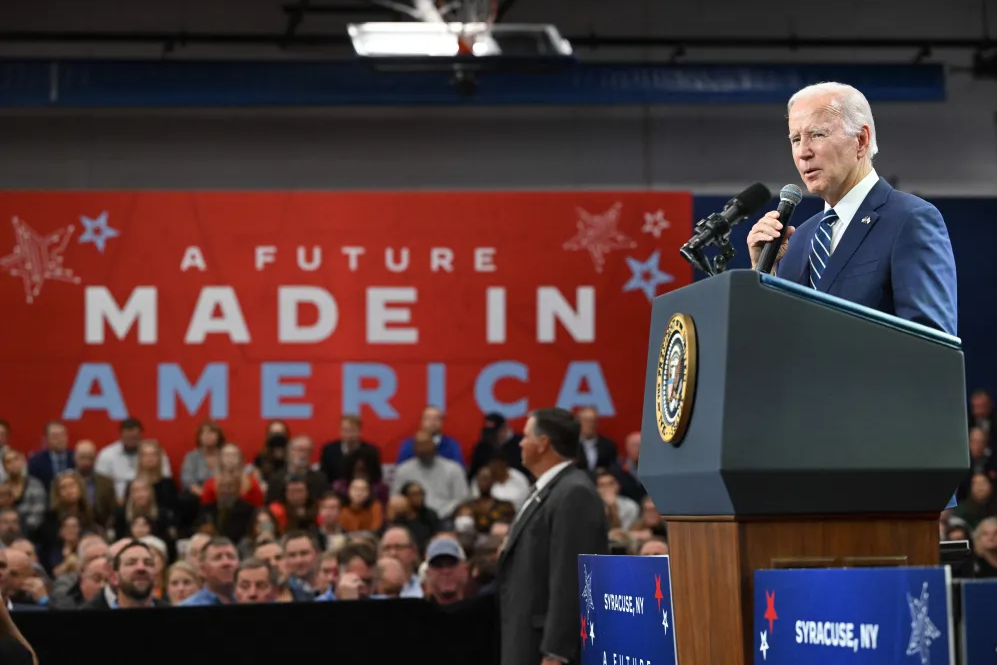
Zhu Feng, Director, Institute of International Studies, Nanjing University
Jan 15, 2025
Donald Trump is likely to seek a fresh start when he returns to the White House, creating an opportunity to build a healthy and sustainable China-U.S. relationship. The world is big enough for the two major powers to grow and prosper together and avoid veering into a vicious tech rivalry — or even a new cold war.
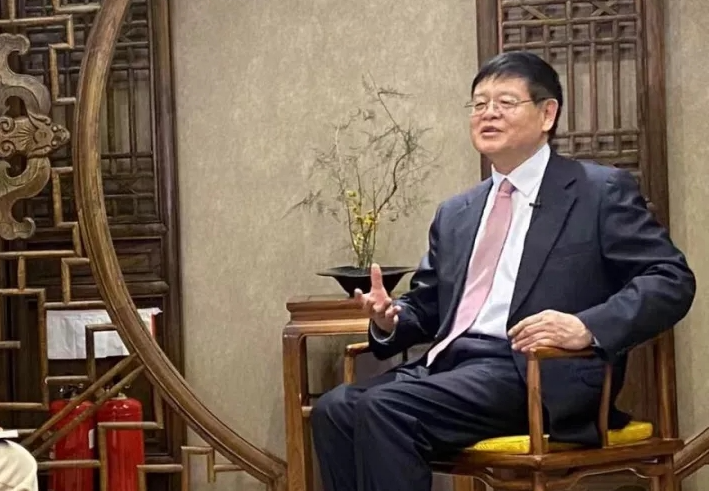
Wang Jisi, Professor at School of International Studies and Founding President of Institute of International and Strategic Studies, Peking University
Jan 13, 2025
At the beginning of the new year, China-US Focus interviewed Professor Wang Jisi of Peking University’s School of International Studies and founding president of the university’s Institute of International and Strategic Studies, about the potential scenarios of China-U.S. relations over the next four years.
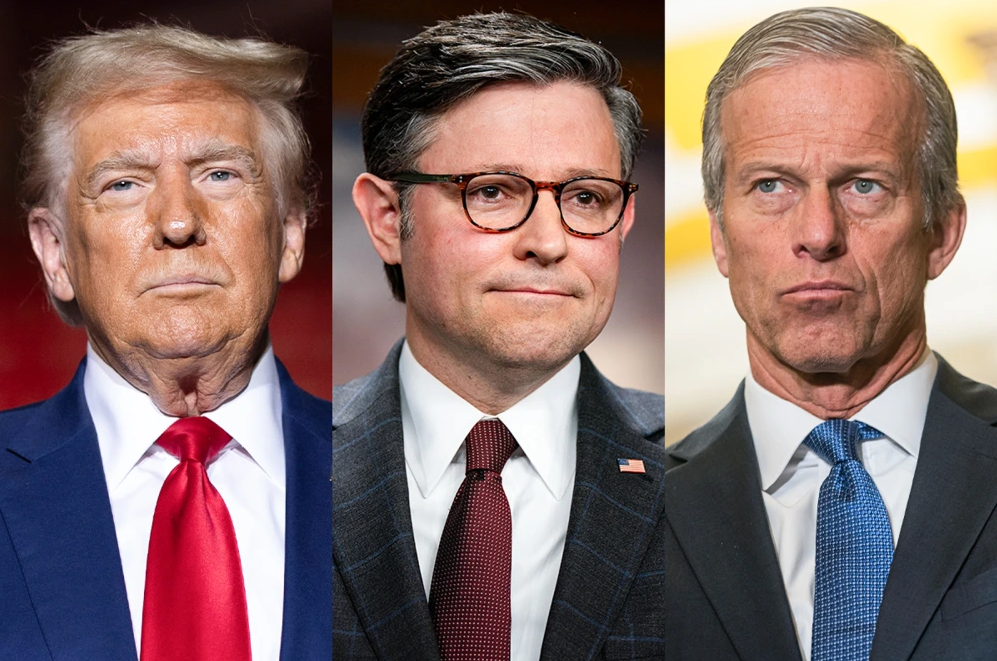
Li Yan, Director of President's Office, China Institutes of Contemporary International Relations
Jan 10, 2025
A resurgence of right-wing populism will feature prominently in Trump 2.0. And the rise of “effective accelerationism” espoused by tech elites will interact with it, ushering in more uncertainty. How these factors interact will likely determine the U.S. growth trajectory in the years ahead.
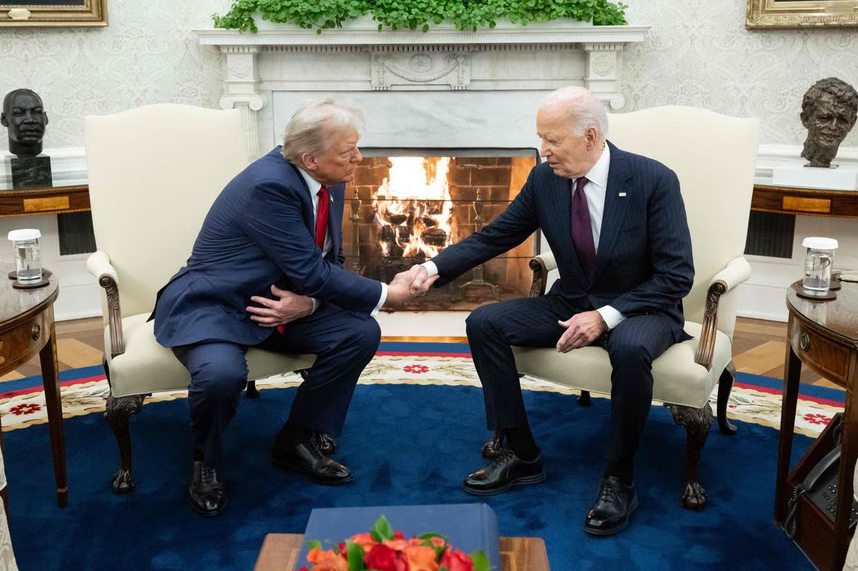
Fan Gaoyue, Guest Professor at Sichuan University, Former Chief Specialist at PLA Academy of Military Science
Jan 10, 2025
The most prominent characteristic of the incoming U.S. president is uncertainty. China, especially, must drop all illusions and prepare to compete so that it can sit tight in the fishing boat and steer it to safety. The wind and waves are likely to rise under a more experienced — and possibly less restrained — American chief executive.
Warwick Powell, Adjunct Professor at Queensland University of Technology, Senior Fellow at Beijing Taihe Institute
Jan 07, 2025
The incoming U.S. president must move quickly to avoid being ensnared in the Ukraine debacle, with Russia winning the ground war. For Trump to get a prompt, positive reaction from Vladimir Putin, he needs to throw Europe under the bus and move on. Otherwise, the ultimate defeat won’t just be NATO’s. It will also be Trump’s.